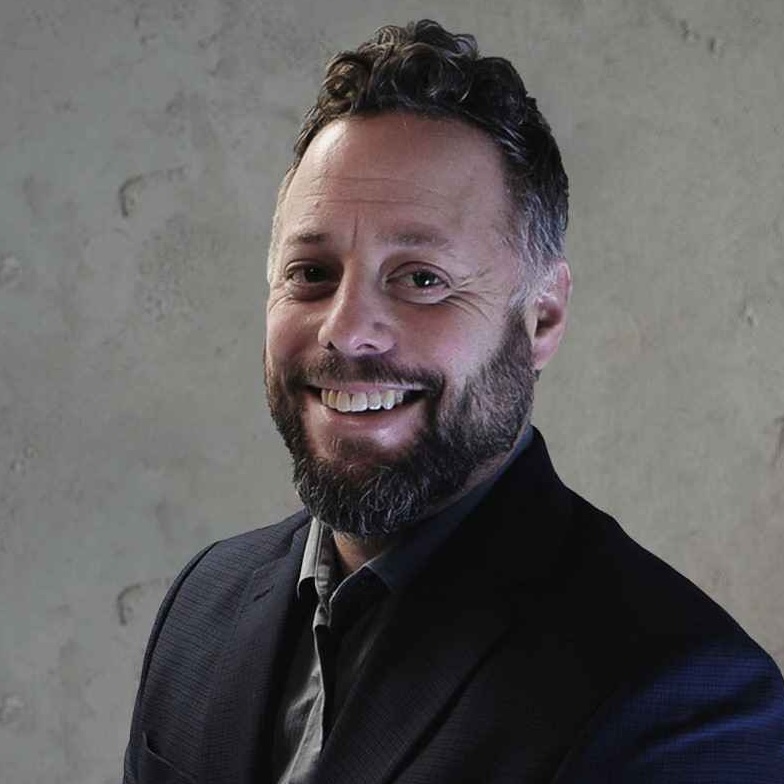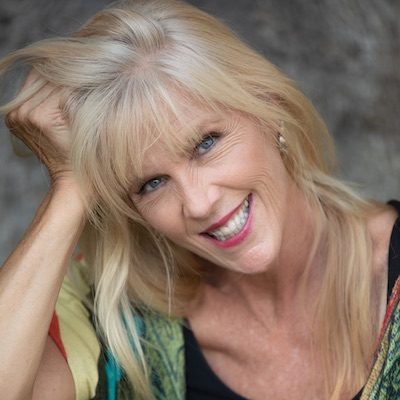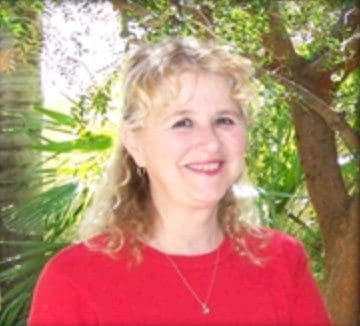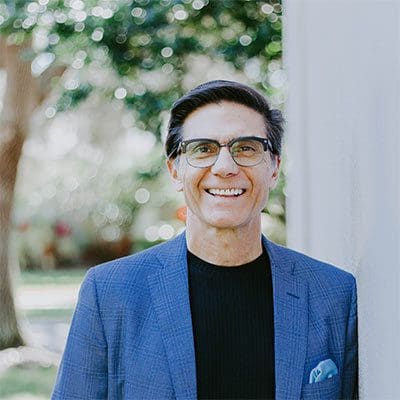The Gift That Is Tomorrow
We all have bad days – and some of them are of our own making. Of course, sometimes things don’t work out because we are treated unfairly, and sometimes we are treated fairly but we don’t get the job or the relationship or the discount or the tax break that we want. Even on the worst of days, however, we have a special gift available to us. That gift is called TOMORROW.
Whatever today has been like, we have the chance to start over again tomorrow. We can learn from today and plan differently, choose differently, and prepare ourselves differently so that we can hopefully meet the demands of tomorrow more effectively than we did today. In order for this to take place, however, we have to be willing to let go of today when it’s no longer today – and tomorrow becomes our today.
This is actually appropriate advice even if today is a good day. It doesn’t translate to tomorrow unless we take the positive lessons of today and make them part of our functioning tomorrow rather than living in the past. The concept of mindfulness has gained much popularity in recent years because of it’s focus on being in the present, and that’s a good way to lead our lives. History is important, however, as a tool for learning from our successes as well as our mistakes and as a reminder that while we can control much of our life, we can’t control all of it – so we have to be prepared to cope with consequences that are beyond our control.
The healthiest way to approach tomorrow is to be cognitive of our history and what we’ve learned but not dwell on it. Rather concentrate on experiencing tomorrow with the mindset of doing our best to meet the challenges of tomorrow. If we can assign today’s experiences, good and bad, to their proper place in our history, we can truly experience the gift of tomorrow. And if tomorrow doesn’t turn out so well, we will have another gift waiting for us. It’s called, the day after tomorrow.



























Already a Member? Login Here.
Not Yet a Member? Join the Conversation Today!